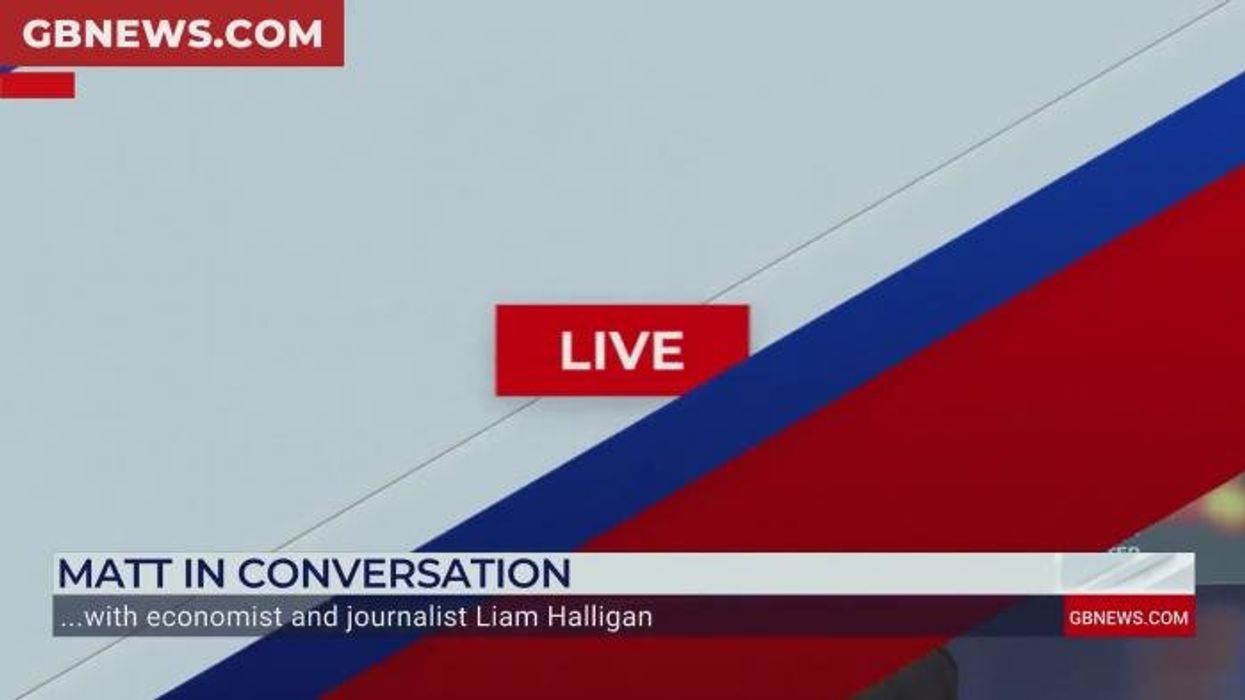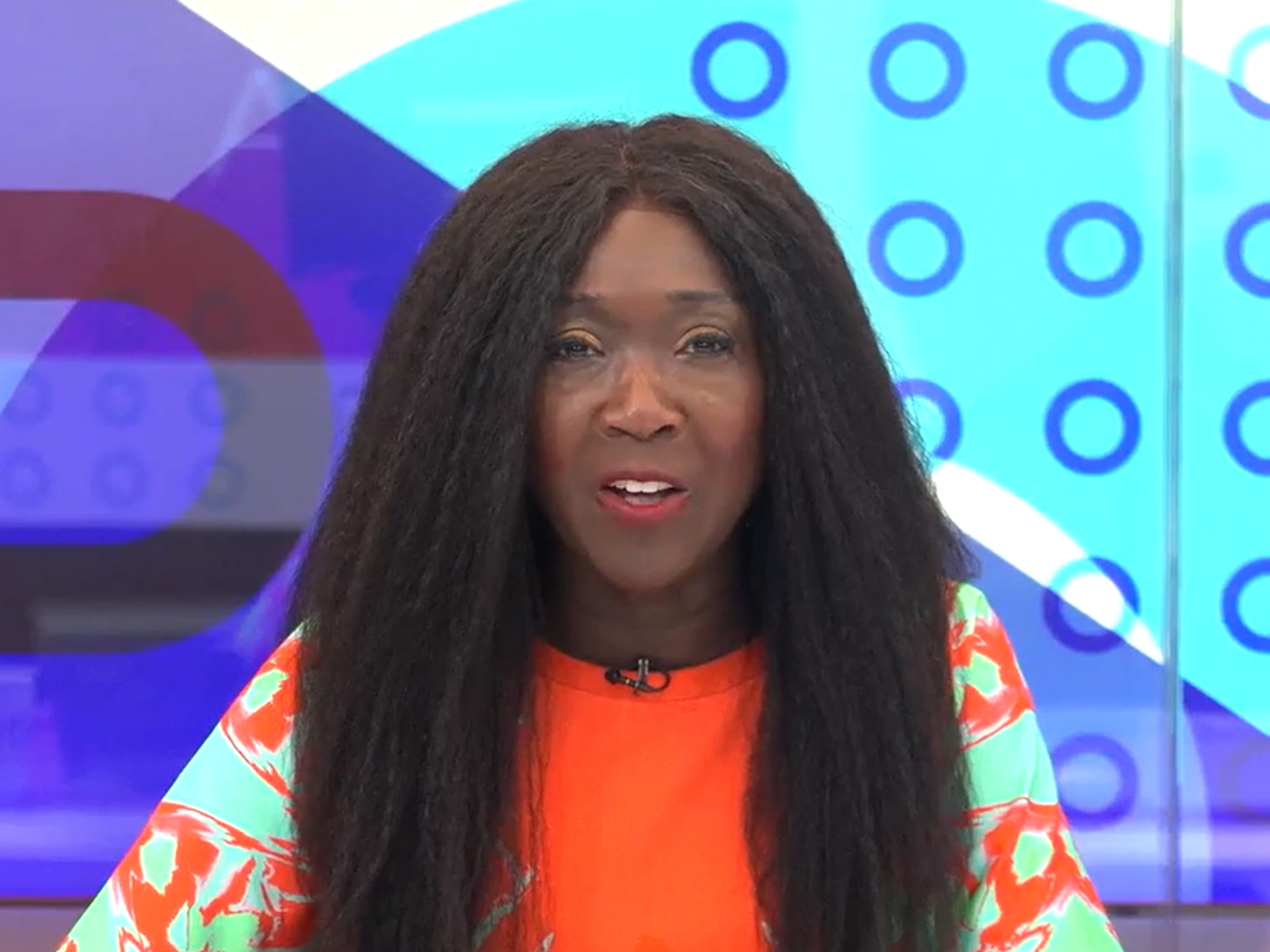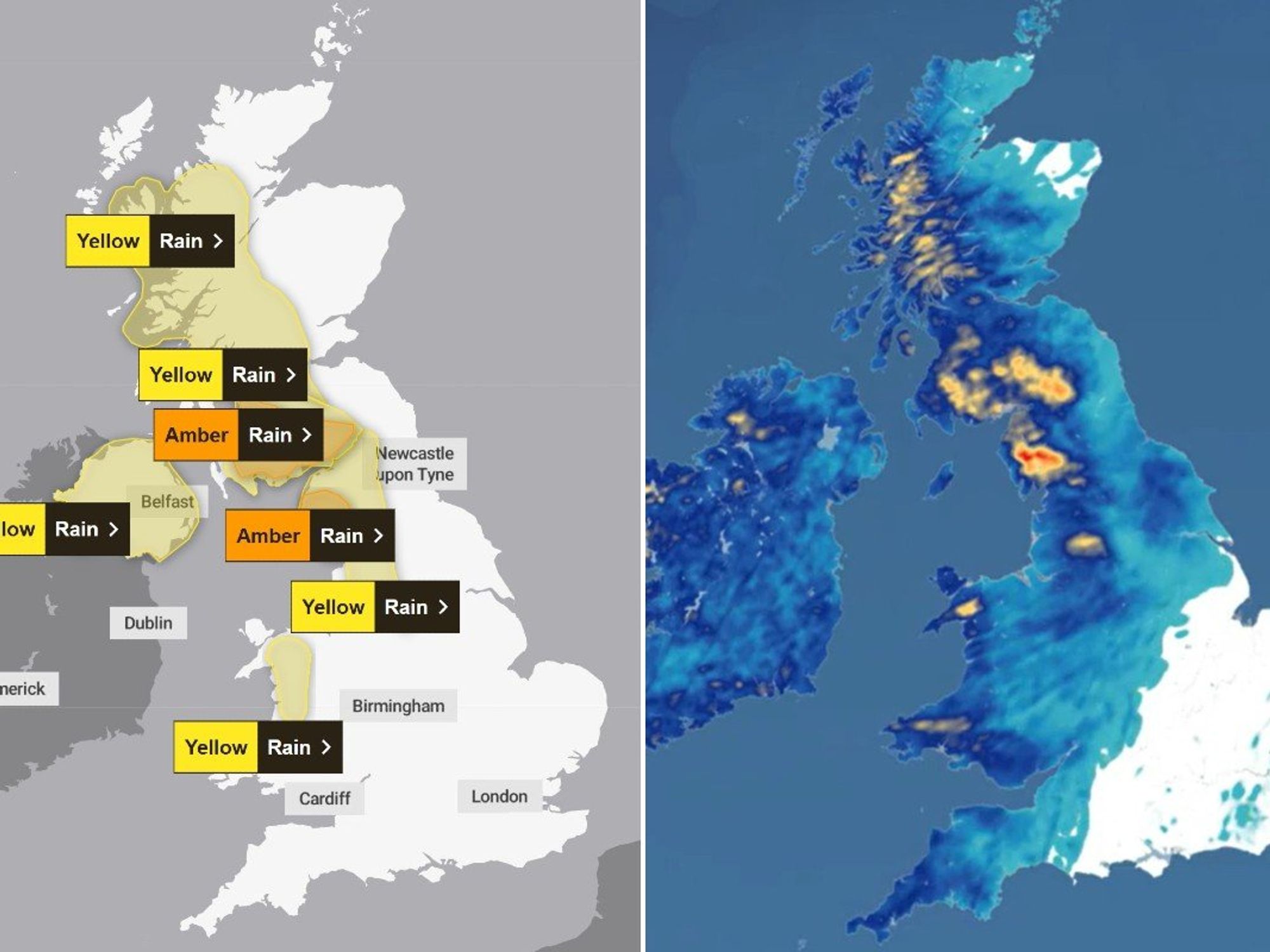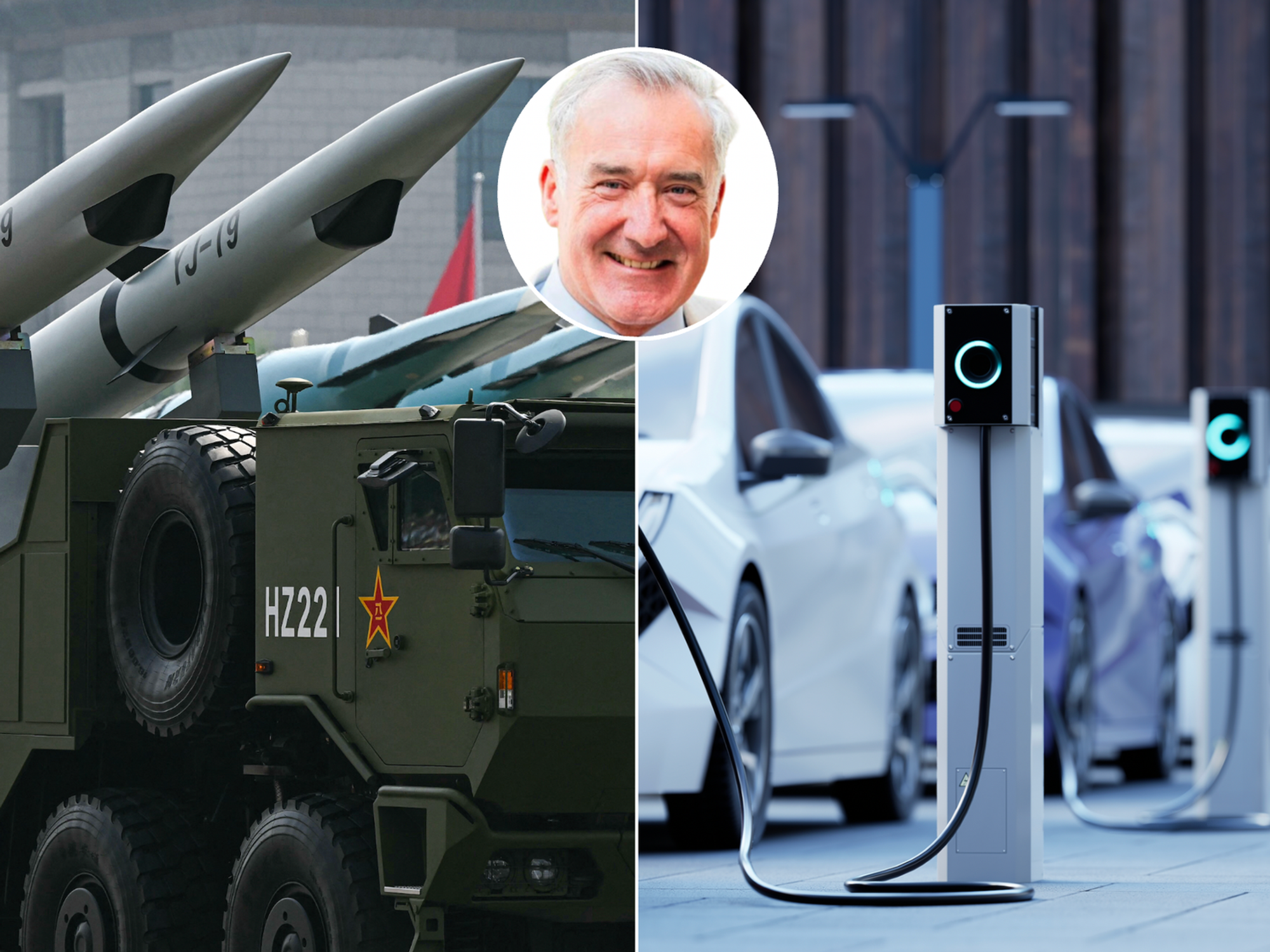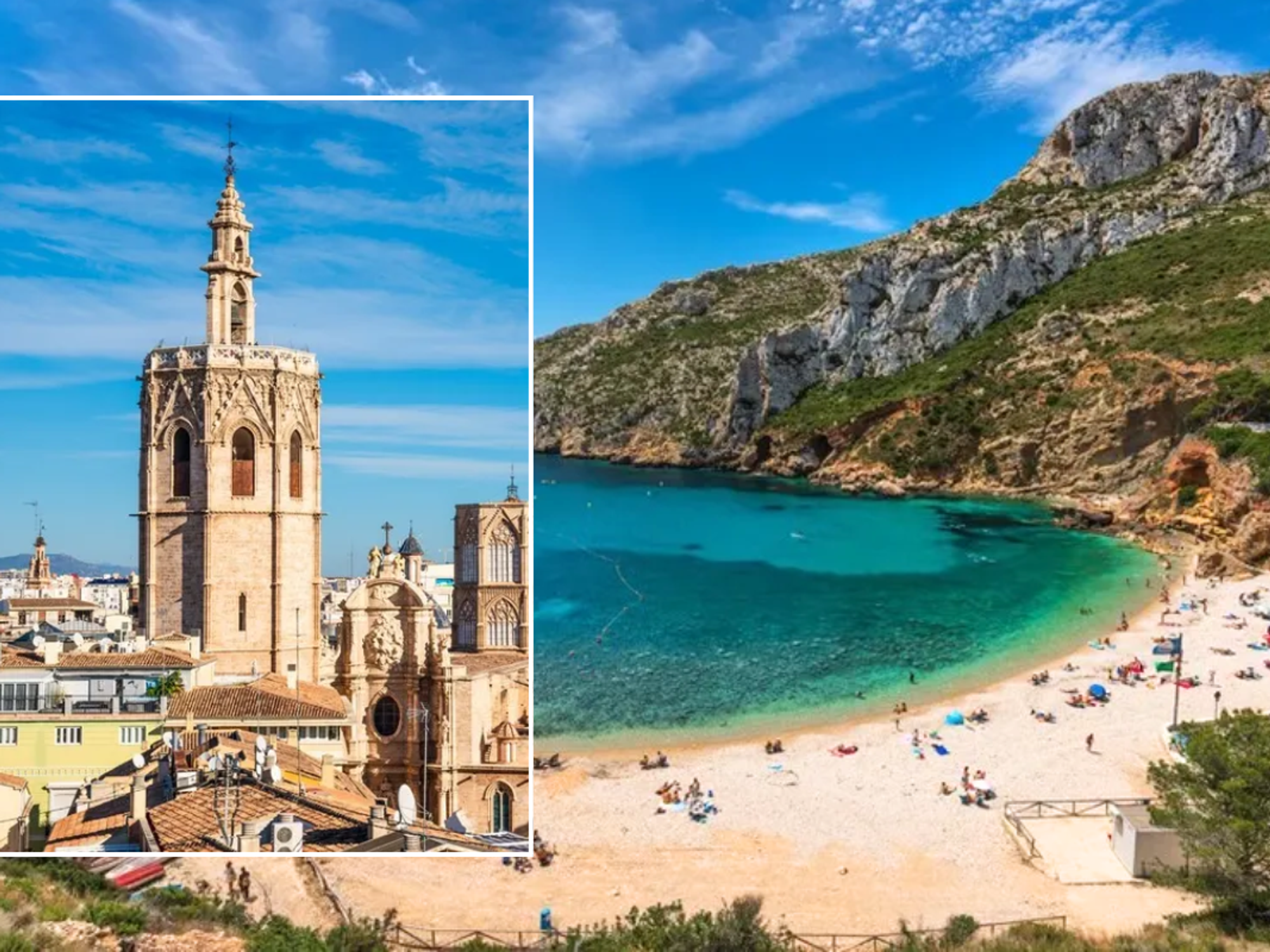UK inflation to rise to highest in G7, IMF warns

UK inflation forecast revised up as households brace for stubborn cost pressures
Don't Miss
Most Read
Latest
Britain is set to face the steepest price rises among G7 nations over the next two years, according to the International Monetary Fund.
The Washington-based organisation projects UK inflation will hit 3.4 per cent in 2025, the highest rate of any major advanced economy.
It marks an upward revision from the IMF’s July forecast of 3.2 per cent and signals growing price pressures.
The following year offers little relief, with inflation expected to ease only to 2.5 per cent in 2026, up from a previous estimate of 2.3 per cent.
The figures were published in the IMF’s latest world economic outlook as finance ministers and central bank governors meet in Washington DC.
They place Britain at the top of the inflation league table among G7 nations for both years.
Recent figures from the Office for National Statistics (ONS) show consumer prices rose to 3.8 per cent in July and August — the sharpest increases since early 2024.
Food and hospitality prices have risen particularly quickly, with industry leaders blaming higher wage bills and increased taxes.
The IMF identified the UK and the US as the two advanced economies experiencing renewed inflationary momentum, in contrast with other countries where price pressures are more subdued.
The surge reverses previous signs that inflation was starting to ease.
The Bank of England now faces a major challenge to bring inflation back to its two per cent target while supporting growth.
Despite the inflation warning, the IMF upgraded its UK growth forecast for this year to 1.3 per cent, up from 1.2 per cent.
The increase reflects stronger-than-expected performance in the first half of 2025.
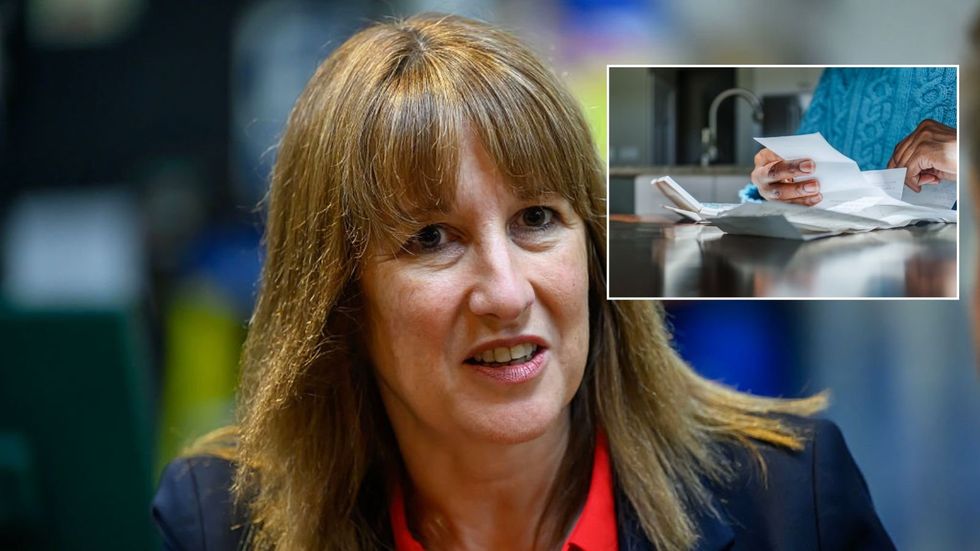 Rachel Reeves said that it's the second consecutive upgrade to this year's growth forecast from the IMF | GETTY
Rachel Reeves said that it's the second consecutive upgrade to this year's growth forecast from the IMF | GETTYChancellor Rachel Reeves said: "This is the second consecutive upgrade to this year's growth forecast from the IMF.
"But know this is just the start. For too many people, our economy feels stuck. Working people feel it every day, experts talk about it, and I am going to deal with it."
However, Shadow Chancellor Sir Mel Stride described the IMF’s verdict as “grim reading”.
"Since taking office, Labour have allowed the cost of living to rise, debt to balloon, and business confidence to collapse to record lows.
"Working people are feeling the impact every time they shop, fill up the car, or pay their mortgage."
British grocery inflation rose to 5.2 per cent in the four weeks to October 5, up from 4.9 per cent last month, according to Worldpanel.
Prices are rising fastest in chocolate, meat and coffee, while household paper and sparkling wine saw the steepest declines.
Fraser McKevitt, head of retail and consumer insight, said: “Spending on offers has hit its highest level since April at 29.4 per cent, as consumers hunt for deals to ease the burden on their wallets.”
Retailers warn that rising employer taxes, regulatory costs and wages are fuelling further price pressure.
The British Retail Consortium expects food inflation to reach 6 per cent by year-end, while the Bank of England forecasts 5.5 per cent before easing.
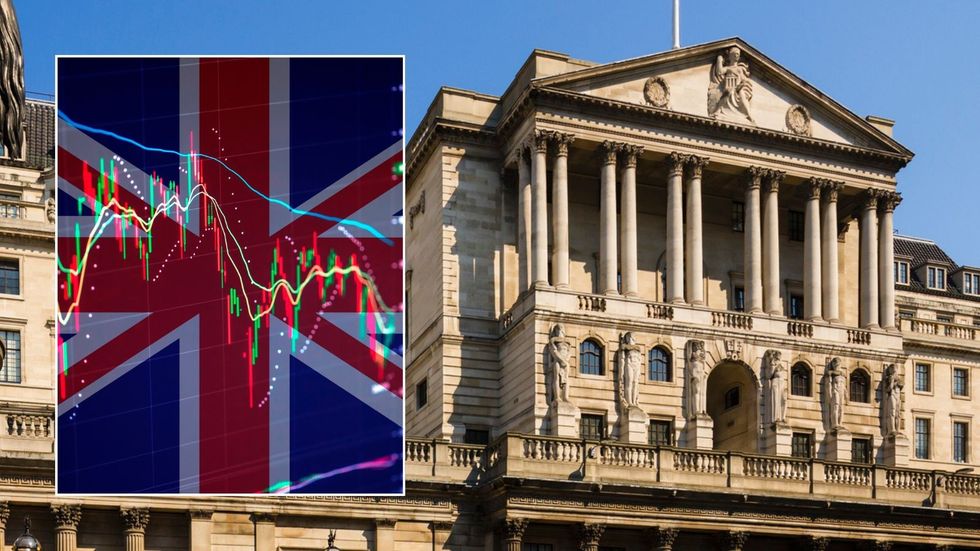
The IMF’s prediction still puts the figure further away from the Bank of England’s 2 per cent target
| GETTYRuss Mould, investment director at AJ Bell, said: “The UK has an inflation problem which could constrain the Bank of England’s ability to steadily cut interest rates.
“That could weigh on consumers and businesses, potentially leading to more sluggish economic growth.
“The IMF has warned the UK could have the highest rate of inflation in the G7 both this year and next year, raising its expectations to 3.4 per cent and 2.5 per cent respectively.
“That compares to a previous forecast of 3.2 per cent in 2025 and 2.3 per cent in 2026. Even though the rate of inflation might slow next year, the IMF’s prediction still puts the figure further away from the Bank of England’s 2 per cent target."
TRENDING
Stories
Videos
Your Say
More From GB News


